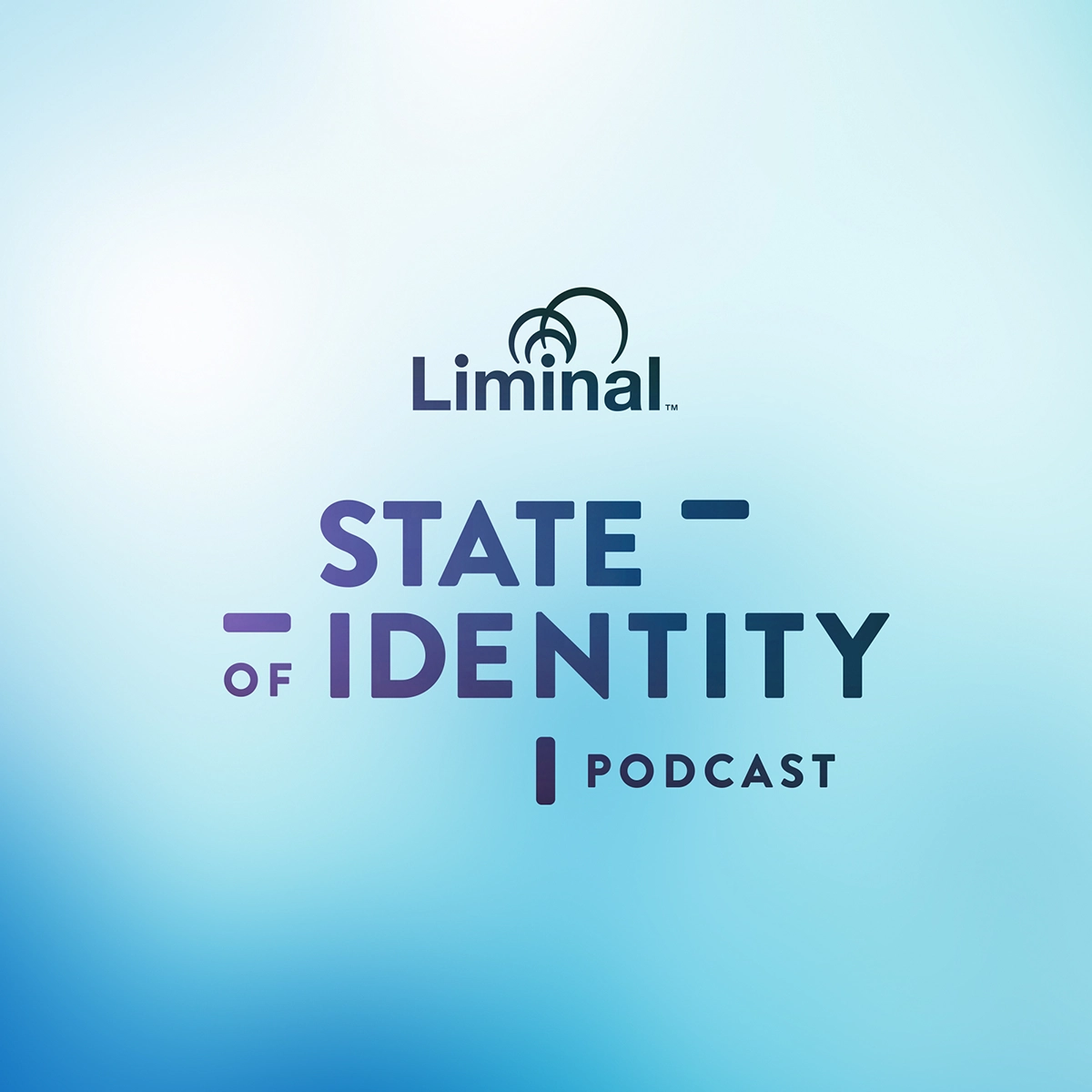What role will public vs. private institutions play in the rollout of eIDAS 2.0 wallets? On this week’s State of Identity podcast, host Cameron D’Ambrosi is joined by Marcel Wendt, CTO & Founder of Digidentity. The duo discusses the looming impact of eIDAS 2.0 on digital identity globally, how to keep data secure when verifying the identity of individuals and businesses online, and the European Union’s clear vision for where digital identity is headed.
PODCASTS

03/24/22
Identity Wallets & eIDAS 2.0
Hosted by
Cameron D'Ambrosi
Senior Principal at Liminal
Guest
Marcel Wendt
CTO & Founder of Digidentity
Links
